 |
ACCRALAW Tower, 2nd Ave. Cor. 30th St., Bonifacio Global City Taguig City, Metro Manila, Philippines Tel: (63) 82 224 0996, / Fax (632) 4037007 or (632) 4037008 E: cpdelacruz@accralaw.com W: www.accralaw.com |
 The pen is mightier than the sword or so the adage goes. When this was once said, it was to highlight the power of thoughts and ideas over brute force and violence as a way to effect change. Today, the pen can very well be a tap of a button, as social media has reinvented our way of life anew — for good or for bad.
The pen is mightier than the sword or so the adage goes. When this was once said, it was to highlight the power of thoughts and ideas over brute force and violence as a way to effect change. Today, the pen can very well be a tap of a button, as social media has reinvented our way of life anew — for good or for bad.
Regardless of political affiliation or social philosophy, it is undeniable how the power of social media has shaped recent events. The perceived anonymity that social media brings tends to shed people’s normal sensibilities or even basic civility. We therefore sometimes see posts or commentaries meant to embarrass competence and intelligence, gender or just plain rumour mongering.
Such acts done behind the cloak of a social media platform may have legal implications under Philippine Laws.
The Anti-Bullying Act of 2013 (RA 10627)
This law finds applicability in school-related bullying, student-student bullying in particular, which covers those uttered in social media. “Bullying”, as defined, refers to any severe or repeated use by one or more students of a written, verbal or electronic expression, or a physical act or gesture, or any combination thereof, directed at another student that has the effect of actually causing or placing the latter in reasonable fear of physical or emotional harm or damage to his property; creating a hostile environment at school; infringing on the rights of another; or materially or substantially disrupting the education process. (Sec. 2, RA 10627) These acts are collectively called “cyber bullying” when committed online. (Sec. 2-D, RA 10627) This covers social bullying aiming to belittle another individual or group or gender-based bullying that humiliates another on the basis of perceived or actual sexual orientation and gender identity. (Sec. 3, B-1, RA 10627, Implementing Rules).
The Revised Penal Code and the Cybercrime Prevention Act
One who publicly or maliciously imputes to another a crime, vice, defect, real or imaginary, or any act, omission, condition, status or circumstance tending to cause the dishonor, discredit or contempt of a natural or juridical person, or blacken the memory of one who is dead may be liable for libel under this Code. (Art. 353, RPC) These acts are more severely punished when done online in addition to the civil action for damages which may be brought by the offended party. (Sec. 4(c-4), RA 10175) Cyberlibel holds liable only the original author of the post (Sec. 5(3), Implementing Rules of RA 10175). Likers or sharers of a post cannot be held liable under this law.
Slander may also be applicable to one who, in heat of anger, utters statements that are highly defamatory in character. (Art. 358, RPC) Intriguing Against Honour may also find applicability when the principal purpose is to blemish the honour or reputation of a person. (Art. 364, RPC) However, the requirement is that the post be directed to a specific person. Hence, a blind item is not as actionable as a named-post in social media.
The Civil Code on Damages
One who is aggrieved by a defamatory post in social media may find refuge in the provisions of the Civil Code on Damages. (Art. 2176, Civil Code) One who posts in social media, causing damage to the reputation of another may be liable to the subject for damages and this can be a valid cause of action under the law. Such posts must tend to pry to the privacy and peace of mind of another, meddle or disturb the private life or family relations of another, intrigue to cause another to be alienated from his friends or vex or humiliate another on account of his religious beliefs, lowly station in life, place of birth, physical defect or other personal condition. (Art. 26, Civil Code)
The Labour Code on Just Causes for Termination
An employee who spreads rumors or intrigues against a co-worker or his superior or vice versa, or who does any act similar to cyberlibel, slander, intriguing against honour or even prying into the privacy of another may be a just cause for termination if embodied in the company policy in addition to all other causes of action available to him under the laws mentioned. (Sec. 5.2(g), D.O 147-15)
However, all these will only be a valid cause of action to one who is the subject of the post and who is aware of the post directed to him.
Freedom of speech must not be infringed but this right is not without any limitations. In the end, it is always best to devote the stroke of our fingers and the clicks of our mouse to intellectual discourse that matter rather than risk being held liable under the law. After all, the power of our minds should be mightier than any sword there is.
Note: This article was originally published in Business World, a newspaper of general circulation in the Philippines






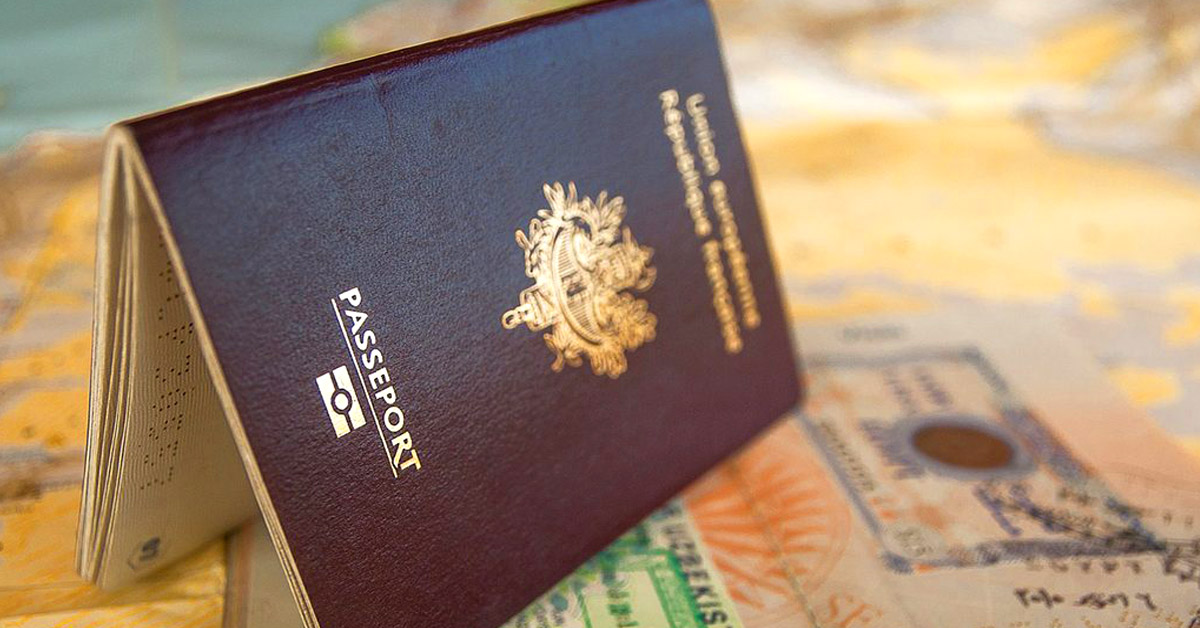
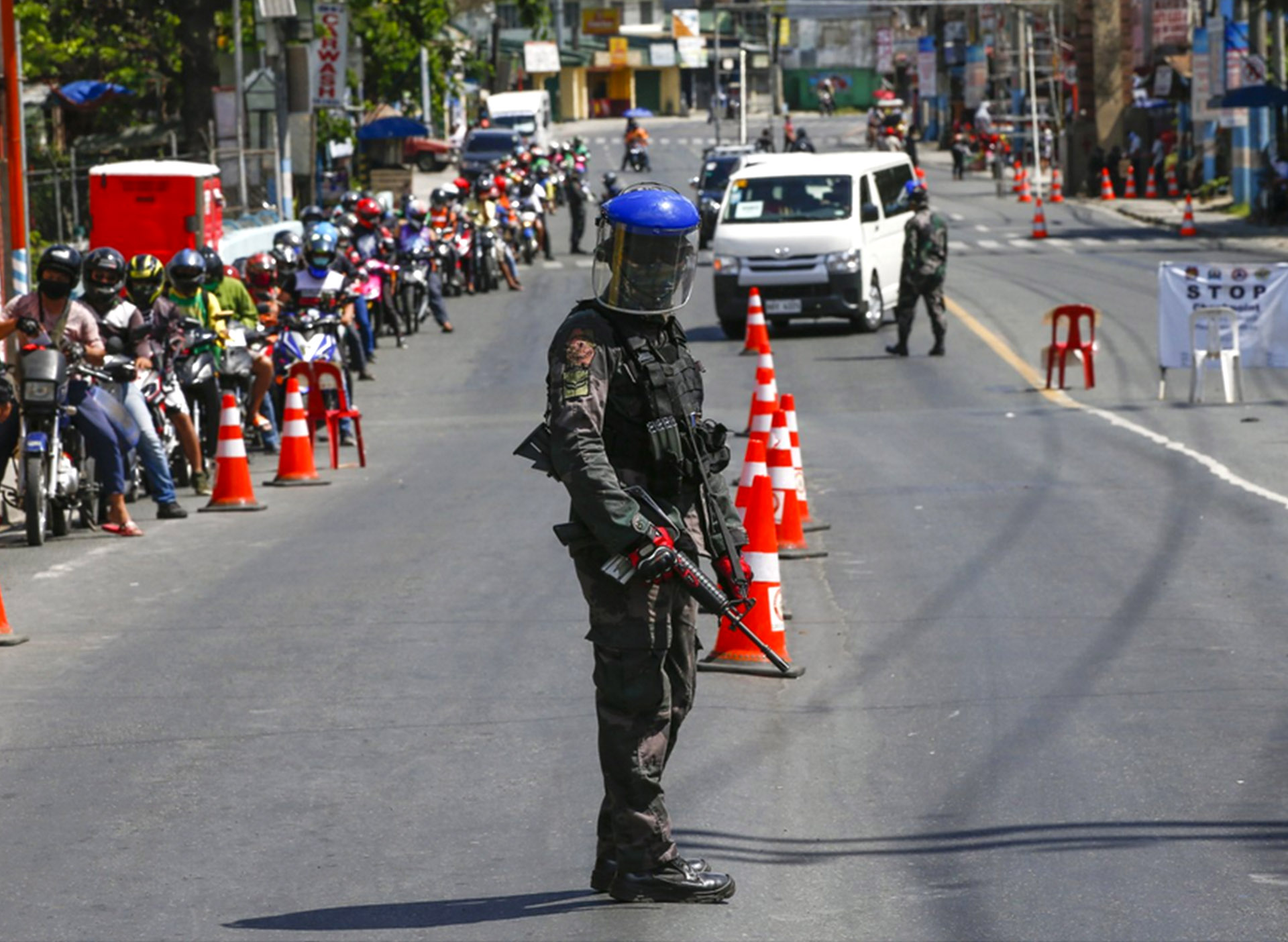








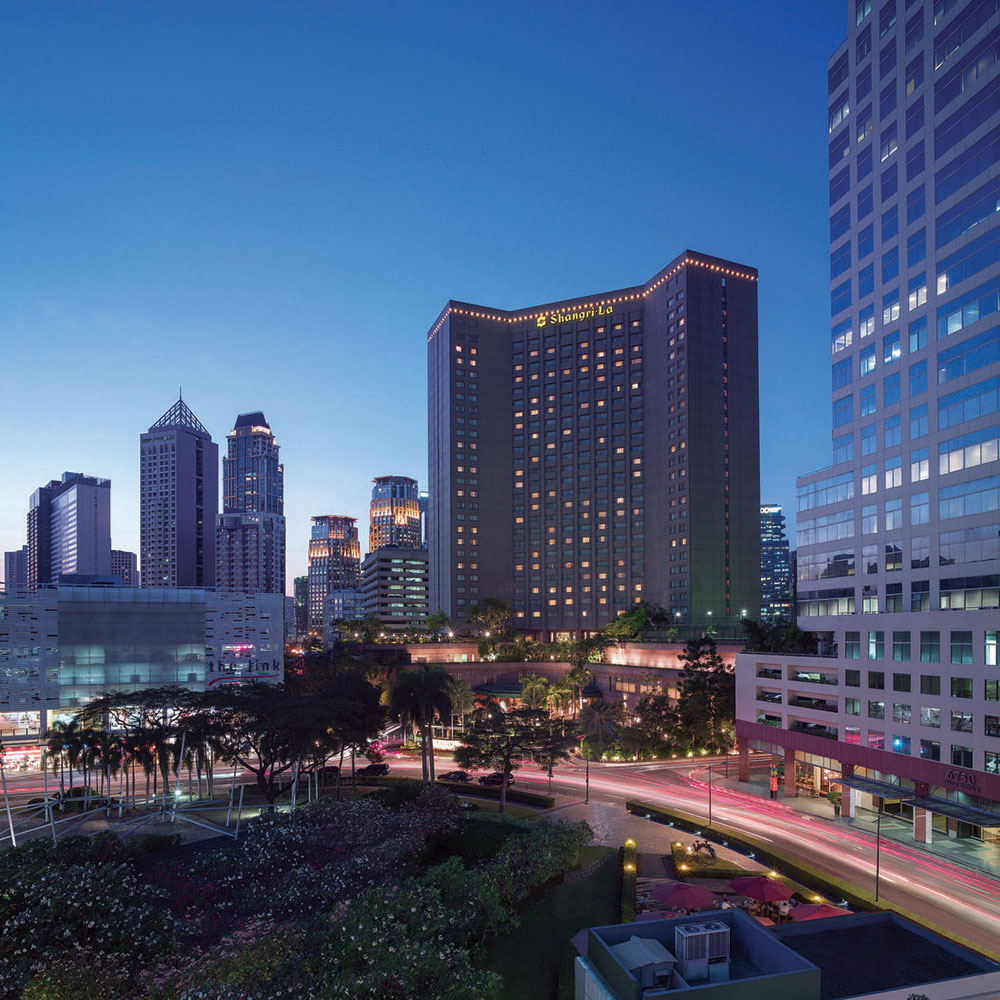



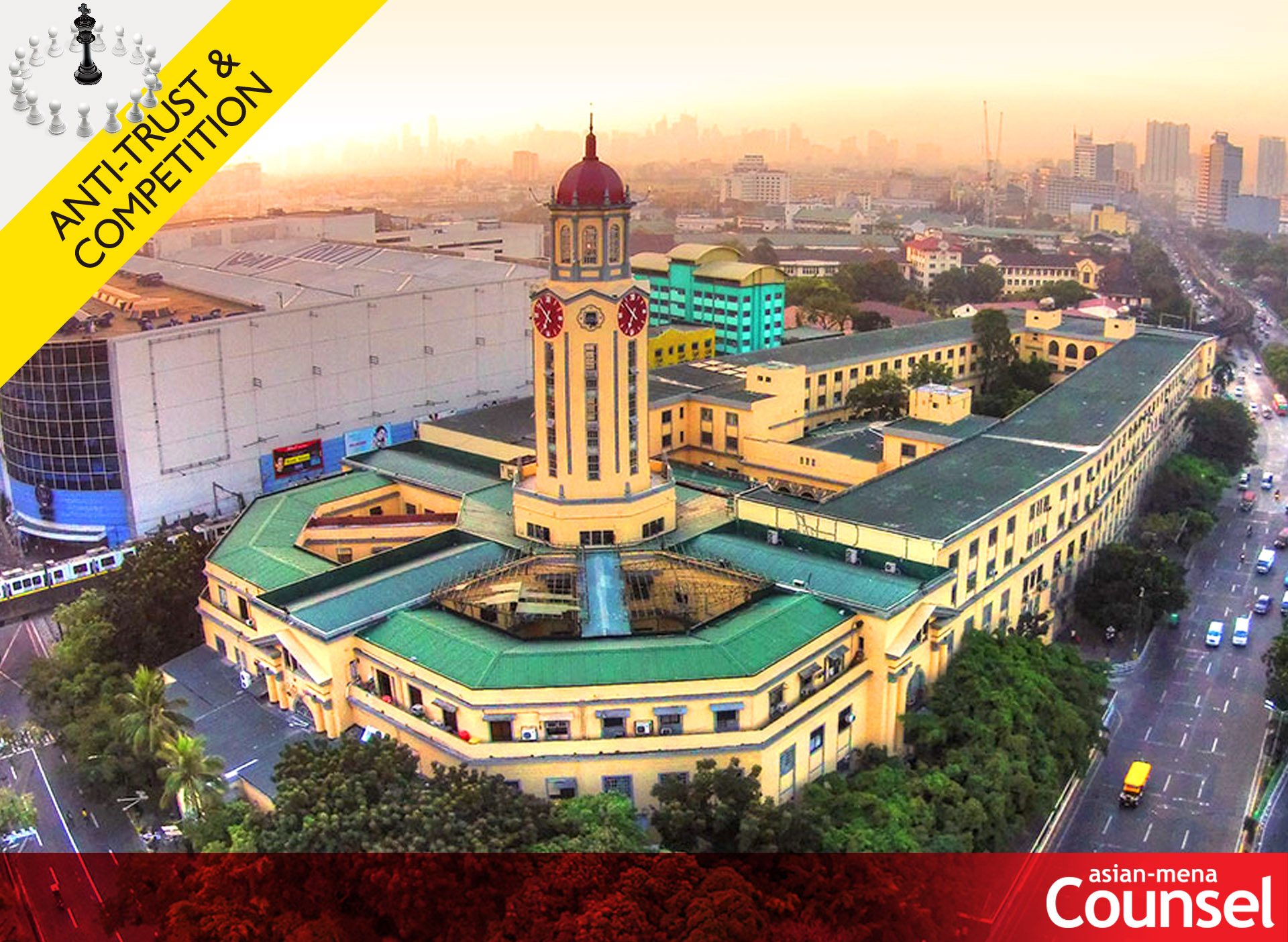










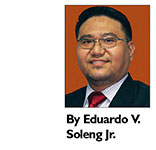
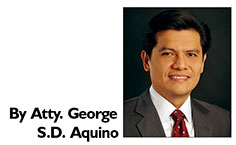








 Angara Abello Concepcion Regala & Cruz Law Offices (ACCRALAW)
Angara Abello Concepcion Regala & Cruz Law Offices (ACCRALAW) Emerico O. De Guzman
Emerico O. De Guzman







